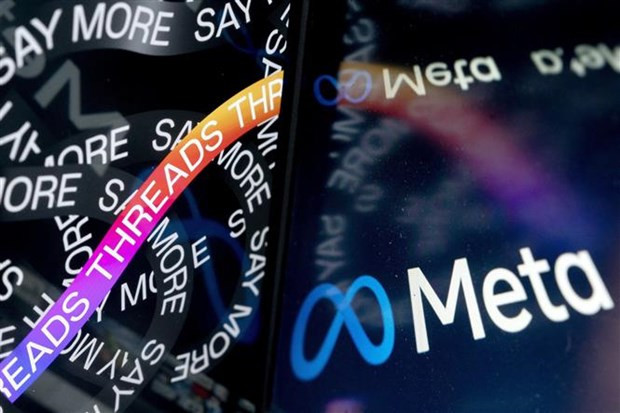Last month, Meta's top policy executive said the use of AI creative in political advertising is “clearly an area where we need to update our rules.”

Meta, the company that owns Facebook, will ban political advertisers from using artificial intelligence advertising products, Reuters news agency reported.o(AI) its new creation - a company spokesperson said Monday.
The company is cutting off campaigns' access to tools that lawmakers warn could rapidly increase the ability to spread election misinformation.
Meta has yet to make the decision public in any updates to its advertising standards, Reuters reported.
The new policy comes a month after Meta, the world's second-largest digital advertising platform, announced it was starting to expand advertiser access to AI-powered ad tools — tools that can instantly create backgrounds, edit and transform the visuals of ad copy.
These tools will initially be available to a small group of advertisers starting this spring. At the time, Meta said it was on track to roll out the new tools to all advertisers globally next year.
Meta and other tech companies have been racing to launch innovative AI advertising products and virtual assistants in recent months in response to the frenzy that followed OpenAI’s launch of its ChatGPT chatbot — which can provide human-like written responses to questions and other prompts — last year.
So far, the companies have revealed little about what “guard rails” they plan to place on those systems, making Meta’s decision on political advertising one of the most important AI-related policy choices the industry has made to date.
Alphabet's Google — the largest digital advertising company — launched similar image-customizing synthetic AI ad tools last week.
A Google spokesperson told Reuters that it plans to remove politics from its products by blocking a list of "political keywords" used as prompts.
Google also plans to update its policies in mid-November to introduce certain requirements for election-related ads.
Snap — which owns Snapchat — and TikTok both ban political ads, while X (formerly Twitter) has yet to roll out any general AI advertising tools.
Meta's top policy executive, Nick Clegg, said last month that the use of AI creative in political advertising is “clearly an area where we need to update our rules.”
Mr Glegg warned ahead of the recent AI Safety Summit in the UK that governments and tech companies should prepare for the possibility that the technology could be used to interfere in upcoming elections in 2024.
He called for a particular focus on election-related content — “moving from one platform to another.”
Clegg previously told Reuters that Meta was blocking its Meta AI assistant from creating realistic images of public figures. This summer, Meta pledged to develop a system to “watermark” AI-generated content.
Meta prohibits misleading AI-generated videos in all content, including organic, unpaid posts, with the exception of “parody” or satire.
Last month, the company’s independent Oversight Board said it would review the “wisdom” of that approach, in response to a case involving an edited video of US President Joe Biden that Meta said it had ignored because it was not AI-generated.
According to VNA